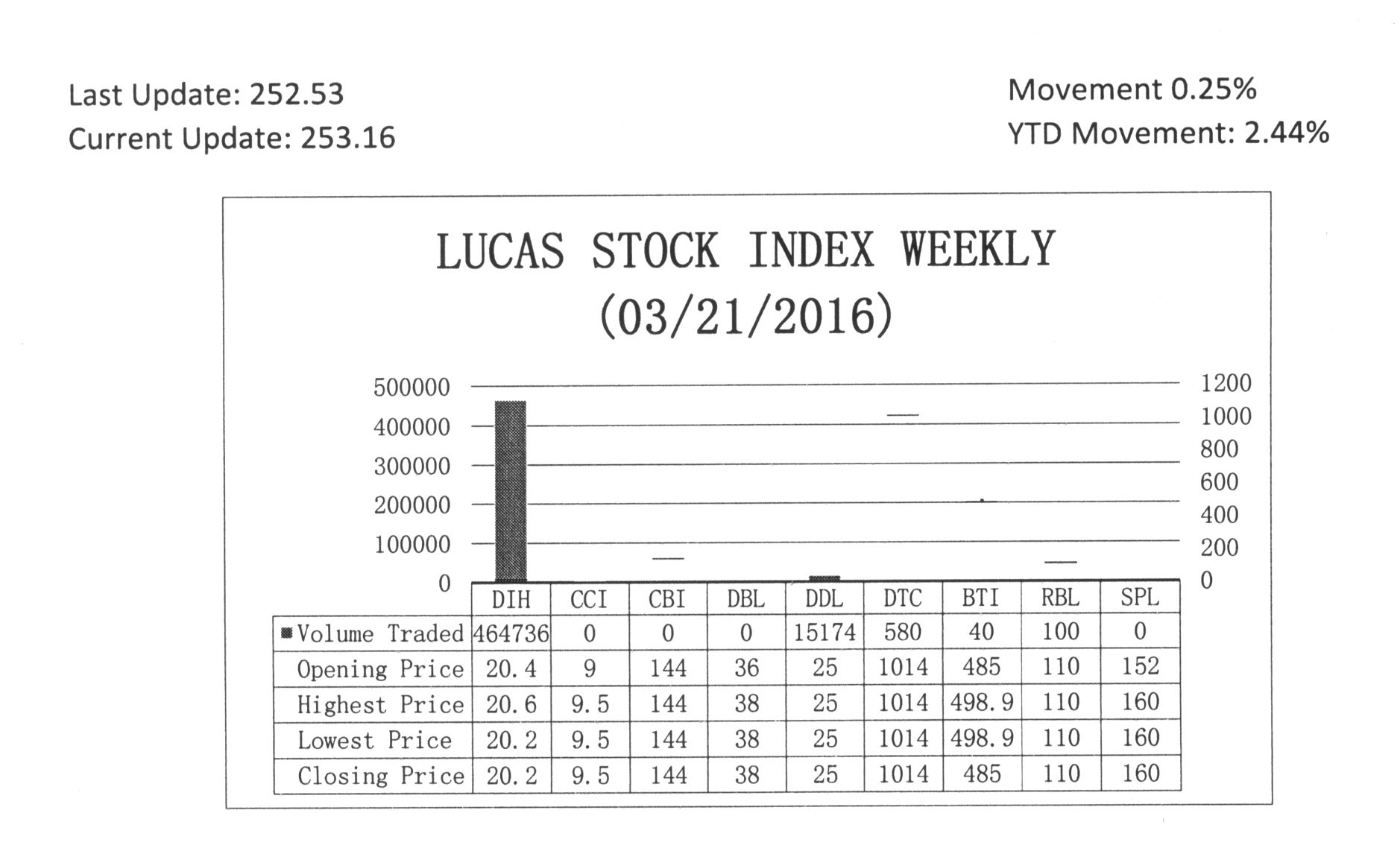Economic black hole
The amount of work that Guyana has to do to clean up itself against domestic and international charges of corruption is phenomenal, and it is not going to be easy. When one studies the issue of corruption and its links to money laundering, which has taken on extraordinary global proportions, he or she would realize rather quickly that the nonchalant attitude and behaviour of Guyanese towards economic crime are drawing the country closer and closer to an economic black hole. The future prospects for the economy are good, but they hinge on legitimate investments and efficient production. None of that would matter if Guyana does not rid itself of the criminal activities that supported the economy for many years. To avoid being swallowed by the undesirable economic condition, Guyana needs to tackle crime seriously, including seeking to be a FATF-compliant country. This article examines the threat that the economy faces from money laundering and the financing of terrorism and what should be done to prevent the country from being swallowed by the black hole of the underworld.
 Guyana is in a global economic fight. It seeks to attract investment and to increase exports. It must do so in competition with the rest of the world. There was a time when it was enough to possess desirable raw materials and reasonably priced labour, and to offer attractive tax incentives to induce investors to come. Investors still respond to those stimuli but not without factoring in the cost of corruption and its links to money laundering. The story about resource allocation across borders today is different as investors assess the risk of doing business in economic and security environments that can expose them to charges of financing terrorism as well.
Guyana is in a global economic fight. It seeks to attract investment and to increase exports. It must do so in competition with the rest of the world. There was a time when it was enough to possess desirable raw materials and reasonably priced labour, and to offer attractive tax incentives to induce investors to come. Investors still respond to those stimuli but not without factoring in the cost of corruption and its links to money laundering. The story about resource allocation across borders today is different as investors assess the risk of doing business in economic and security environments that can expose them to charges of financing terrorism as well.
Normal part of business
The focus is often on the financial institutions and the central role that they must play in fighting money laundering and the financing of terrorism. The financial institutions provide financial intermediation services, but on account of their obligations to

